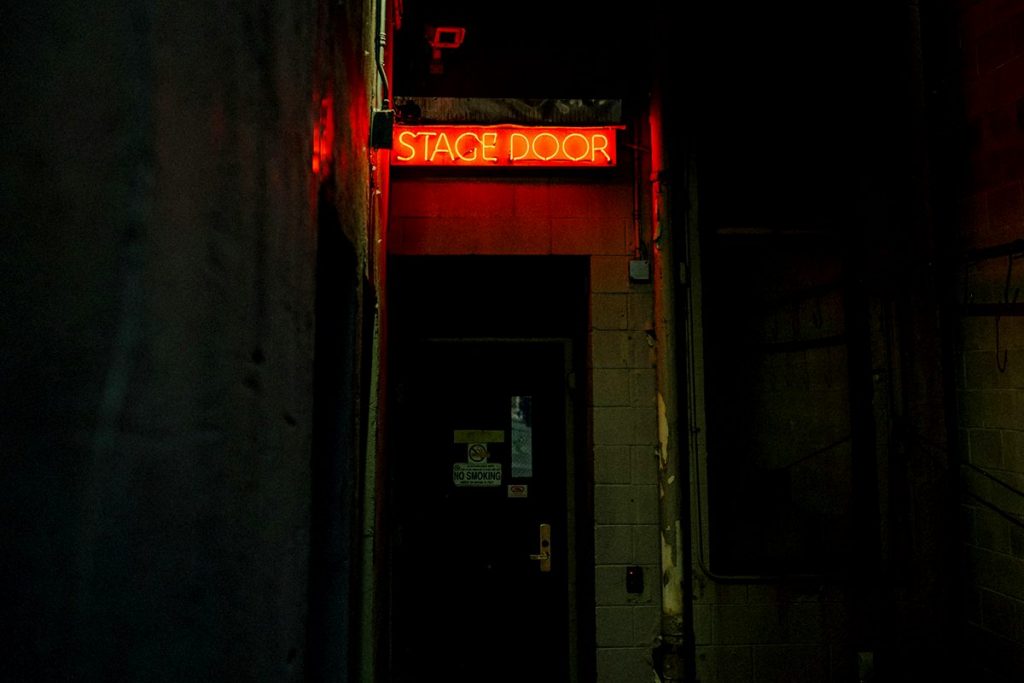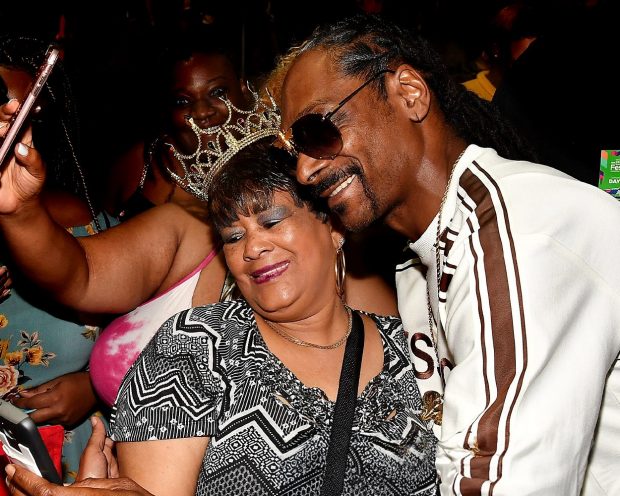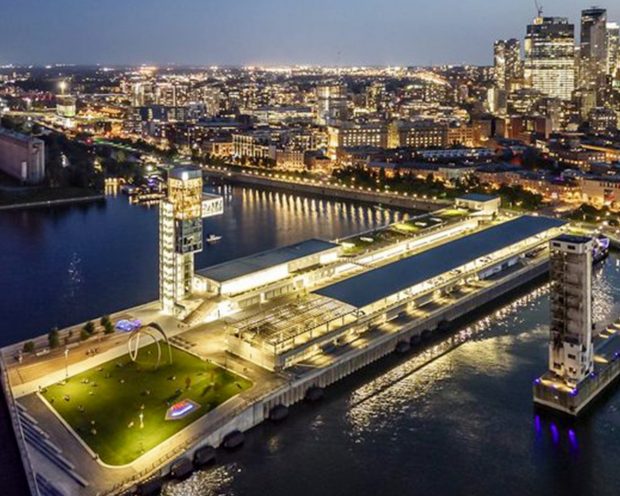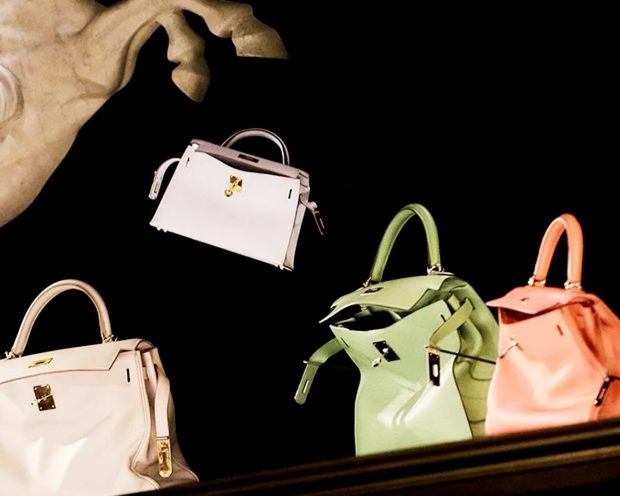As back-to-school season finds us again, it’s the perfect time to reflect on the winding paths that led those of us in the experiential industry to where we are today. Some of today’s top leaders discovered their experiential talents in the back of theaters, supper clubs — and even a tanning salon. Breaking into this field is rarely straightforward. Instead, it’s about embracing unexpected opportunities and recognizing a passion for storytelling and human connection.
Keep reading to discover eight of our favorite experiential origin stories told by those who lived them.
“It all started in a tanning salon called Electric Beach. I met so many different people — celebrities, entertainers, artists, and advertising execs — who expanded my view of the world. The owners even let me have a studio in the back, where I’d do illustrations and writing, and that led to my big break when I connected with those execs and hosted a major exhibition. Through those relationships, I got a job as an agent at a talent management agency, where I helped clients bring their artwork to life with events that were more than just pictures on walls. We’d brainstorm creative ways to engage audiences, like art battles, nail art stations, and human beatboxers, which eventually evolved into what we now call experiential marketing, and from there, it’s only grown into larger-than-life projects.”
— Louisa St. Pierre, Global Director of Art at MA+Group
“My entry into experiential was totally accidental. After college, I moved back to New York, thinking I wanted to be a writer. I ended up taking an internship at Paper Magazine, and the first paying job that opened up was in marketing and promotions under Drew Elliott, who’s now had an incredible career in experiential and creative. That role introduced me to the world of experiential, and because I had that experience on my resume, it became the only type of interview I could land. My first real job in the field was at a media company, starting an experiential division, and from there, I just kept building on that creative foundation.”
— Lauren Austin, Chief Creative Officer at MKG
“I started in film and TV, which evolved into real-life multimedia storytelling. I got hooked on the performative aspect of narrative when I realized how engaging it was to see live interaction, something you miss in traditional film. Around the same time, I hosted elaborate themed suppers that grew from small gatherings to larger, immersive experiences, blending food, storytelling, and participation. Eventually, that fusion became the foundation of my work, launching with a project called In The Mouth, which pushed me fully into the world of experiential food storytelling.”
— Nico Fonseca, artist, and creative director at C2 Montreal
“I started as a reporter and eventually transitioned into PR. A big part of my work in PR was taking executives and leaders to events, whether it was a press conference or another program or conference. I realized that there was a need for support. For leaders going out to specific events, who needed to give a speech or talk or just to show up and understand how to interact and engage. So, I leaned more and more into that space because it combined my love of writing and communications with my love of events and experiences and that in-person connection opportunity. And I’ve been able to continue working and growing in this space for over a decade. It’s been just the ride of my life and I’m so excited for what’s coming next.”
—Lesly Simmons, founder of Dollhouse Project
“My company, Melcher Media, originally focused on creating beautiful illustrated books, but after the 2008 recession, we needed to pivot to something digital. We secured the rights to Al Gore’s sequel to An Inconvenient Truth and, with the help of two young coders, created Our Choice, an app that won Apple’s award for best-designed app of the year. That project made me realize that code could be a new canvas for storytelling and changed my perspective on what our company could do. I told my team, ‘We’re no longer in the book business, we’re in the storytelling business,’ which led us to launch the Future of Storytelling in 2012 to explore innovative storytelling ways.”
— Charles Melcher, founder and CEO of Future of Storytelling
“I’ve been involved in theater my whole life, starting with acting and later studying at the Strasberg Institute in West Hollywood. After that, I attended St. John’s College in Santa Fe, which offered a rigorous, text-based curriculum covering everything from ancient Greek to Einstein’s relativity. My path ultimately led me to pursue an MFA in directing at DePaul in Chicago, where I had the opportunity to work with some of the best young actors in the country. When the pandemic hit, the traditional industry paused, and it became the perfect moment for me to bring together the talented people I’d always dreamed of collaborating with, which fueled my passion for immersive, text-driven events.”
— April Cleveland, founder of The Exodus Ensemble
“In 2003, at 25 years old, I opened my first supper club in Toronto called Lobby, inspired by the vibrant energy of hotel lobbies like the Delano South Beach. It quickly became a hotspot, attracting celebrities, athletes, and musicians with bottle service and an upscale vibe, with lines down the block and reservations booked months in advance. After selling Lobby, I opened Brassaii, a massive supper club focused on corporate events. However, balancing hospitality with my agency and family became too much, leading me to exit the industry in 2019. In 2022, I found a new outlet when Mint moved to a space with an event area we now call HomeCourt, a creative hub for content shoots, events, and an artist residency program to nurture emerging talent.”
— Jordan Fogle, CEO of Mint
“It’s fascinating how everyone here comes from such diverse backgrounds — publishing, architecture, film — but mine was in traditional theater. I was used to the audience being in the dark, separated from the performers. However, my perspective changed when I saw a small underground production of Emperor Jones in Greenwich Village, where the audience, including my father and me, played trees in the show. This experience opened my mind to the limitless possibilities of live theater.
“Later, when I created The Donkey Show, it started as a traditional production of Midsummer Night’s Dream, but performing it in a club environment inspired me to fully embrace the ‘clubbiness’ of the setting. Growing up in New York City, you go to clubs when you’re 14, so I felt totally confident asking, ‘Hey, sir, can I use your club to do Midsummer Night’s Dream? If I can get $1,000 at the bar, can I just use your space?’ They were like, ‘Cool.’ This bold approach transformed the show into something truly unique, breaking traditional boundaries and creating an incredible, immersive experience.”
— Randy Weiner, playwright and theater producer
Join us in XP Land. A community for experiential creatives and experience-makers, brand leaders and IP-owners, space stewards and venue visionaries — all of those in the business of epic gatherings and live, immersive storytelling.



